What has changed in 3 weeks after the scandal in the Mykolaiv Children's Home: children were taken away, regional deputies ignored the problem
- News of Mykolaiv
-
•
-

- Kateryna Sereda
-
•
-
16:30, 26 March, 2025
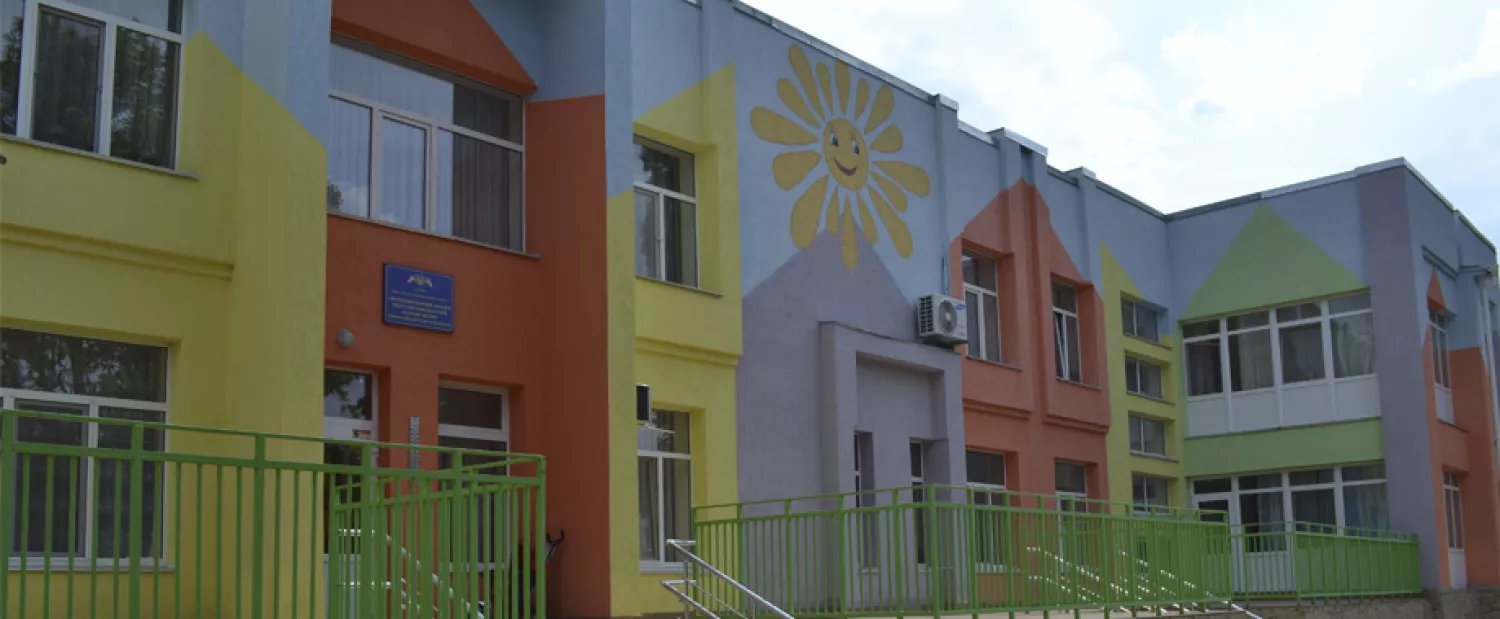 The Centre for Medical Rehabilitation and Palliative Care for Children, known as the Regional Children's Home in Mykolaiv, photo from the regional council website
The Centre for Medical Rehabilitation and Palliative Care for Children, known as the Regional Children's Home in Mykolaiv, photo from the regional council websiteThree weeks have passed since the publication of the Ombudsman's Office report on alleged torture (wording taken from an official statement by Ombudsman Dmytro Lubinets), unsanitary conditions and violations of children's rights at the Mykolaiv Centre for Medical Rehabilitation and Palliative Care, known as the Regional Children's Home. Some of the children have been transferred to the regional hospital, and seven are being prepared for evacuation to the western regions. At the same time, the Mykolaiv Regional Council, which runs the institution, has not yet publicly responded: the relevant deputy commission has not met, and its head has not contacted journalists.
In the article NikVesti, we describe what has changed since the high-profile inspection, what violations were recorded, and how the authorities are responding.
The monitoring took place on 5 February with the participation of representatives of NGOs, experts and psychologists. As Iryna Suslova, a representative of the Ombudsperson for Children's Rights, told us in a commentary, the visit revealed a number of serious shortcomings that require an immediate response.
Violations of children's rights and ill-treatment
One of the most disturbing moments was the forced restraint of children. Three children were in a state of physical restraint — they were kept in chairs, strollers or carriers. One of the children had traces of swelling on her hands from bandaging.
«The junior nurse explained that these measures are used because the child takes out the probe, and tying the hands restricts the child's movements, including the ability to bend and unbend the elbow, and makes it easier to care for such a child,» said Iryna Suslova.
Another child was kept in a restrictive position in a highchair, tied with a fabric belt.
«The administration of the institution explained that the child was fixed in order to prevent him from falling out of the chair due to the child's motor activity. Later, the child was moved to a wheelchair and re-belted,» she added.
Another child was held in a stroller with fabric elements that were attached to the top near the stroller handles, running along the torso and between the legs.
«The girl was actually hanging from the stroller, holding onto its base with her hands. Later it was found out that the child had an auxiliary means of transport (wheelchair), to which the girl had no access,» said Iryna Suslova.
The staff of the Centre used products of unknown origin, which have no medical purpose, are not certified and have no instructions for use.
«The administration of the institution has not confirmed that the use of these means and methods of restraint are safe for the child. When asked about the use of child restraints, an employee of the facility explained that «not every child can be restrained in this way — there are aggressive children! And we all have to understand where we are coming from... We have «autistic children». These are children who do not talk, but scream all day long. The children have always screamed and will continue to scream...», the representative of the Ombudsman quoted.
The Ombudsman emphasises that according to international law and the conclusions of the European Committee for the Prevention of Torture, the use of physical restraint against children is unacceptable. «Such actions can be qualified as cruel treatment of a child in accordance with Article 3 of the Convention for the Protection of Human Rights», Iryna Suslova stressed.
According to her, it was this fact that led the representative of the monitoring group to call the police and file a criminal complaint. Earlier it was reported that criminal proceedings had been opened under Article 127 of the Criminal Code of Ukraine — torture.
Children are almost always in highchairs in front of the TV
The monitoring group also noted the lack of staff and unsanitary conditions. The children are not properly supervised: babies rock themselves to sleep, spend most of their time in highchairs in front of the TV or gadgets. Children do not go for walks. In one group of eight children, including children with serious illnesses requiring constant care, only two people were looking after them.
The inspection revealed that children are not provided with individual clothes and underwear. Things are stored in common closets under the labels «boys» and «girls». The rooms contain 8-12 children of different ages and genders, and the beds are tightly packed, with no right to privacy.
Granaturov assured that the situation had been rectified: «All children's underwear is labelled, each child has a separate locker with a signature. Such mistakes will not happen again».
Inaccessible rehabilitation and lack of documentation
At the Centre, not all children receive rehabilitation services in accordance with individual plans. The documentation mainly records procedures for outpatients. The rehabilitation equipment is stored in a separate room and is not available to children. Some of them are not structurally adapted for use by age or physical condition.
Employees do not keep complete medical records: there are no records of procedures, names, times, or results. Yurii Hranaturov explained that much of the documentation is kept by the Service for Children, but that disputed issues have already been resolved.
In addition, psychologists do not work with preschoolers — only with those undergoing paid rehabilitation. There are no classes with children, no plans and no reports.
A new bomb shelter will be built in the rehabilitation centre
During the monitoring visit, representatives of the Ombudsman's Office found that the staff of the medical institution ignored the signal «Air Alert».
«The staff of the institution did not take any measures to move the children to a safe place. Instead, the children continued to stay in the beds of the living rooms. The staff of the medical institution reported that children were moved to a safe place only when a possible threat of rocket fire was announced,» the Ombudsman's Office said.
Only now, after 3 years of full-scale war, it turned out that the shelter of the regional Centre for Medical Rehabilitation and Palliative Care for Children is not suitable for children.
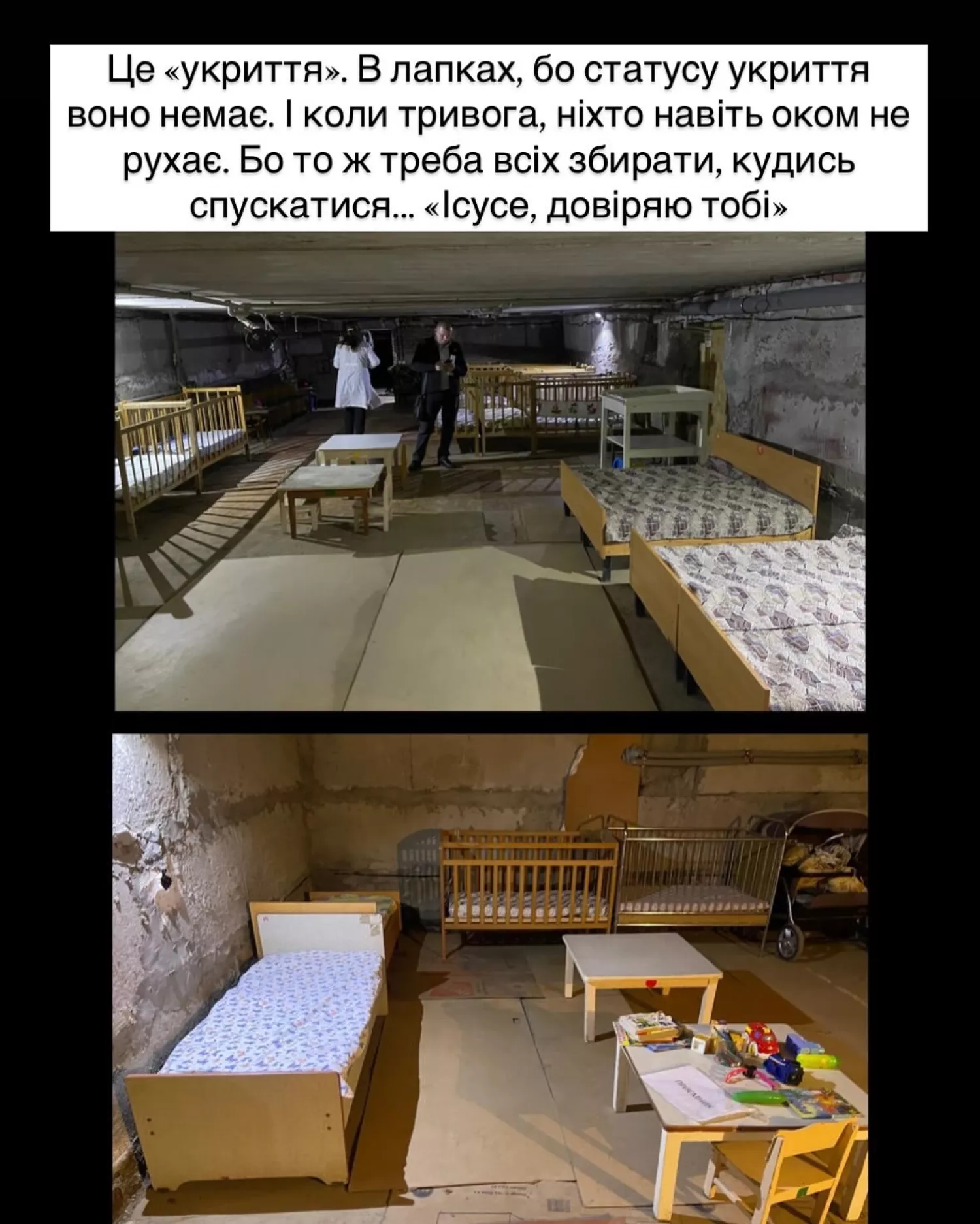 Human rights activist Inna Miroshnychenko, who took part in the inspection, showed the state of the hospital's shelter, a photo from her Instagram page
Human rights activist Inna Miroshnychenko, who took part in the inspection, showed the state of the hospital's shelter, a photo from her Instagram pageIn a commentary to NikVesti, the deputy head of the Mykolaiv Regional Military Administration, Yurii Hranaturov, said that the commission formed by the regional healthcare department had re-examined the situation with the shelter and determined that it was not technically possible to arrange a shelter in the basement of the centre due to natural conditions.
«We are currently ordering design and estimate documentation for the new construction of a radiation shelter, which will be built in accordance with all standards, as a separate structure connected to the building,» said Yurii Hranaturov.
What's next: relocation of children to western regions
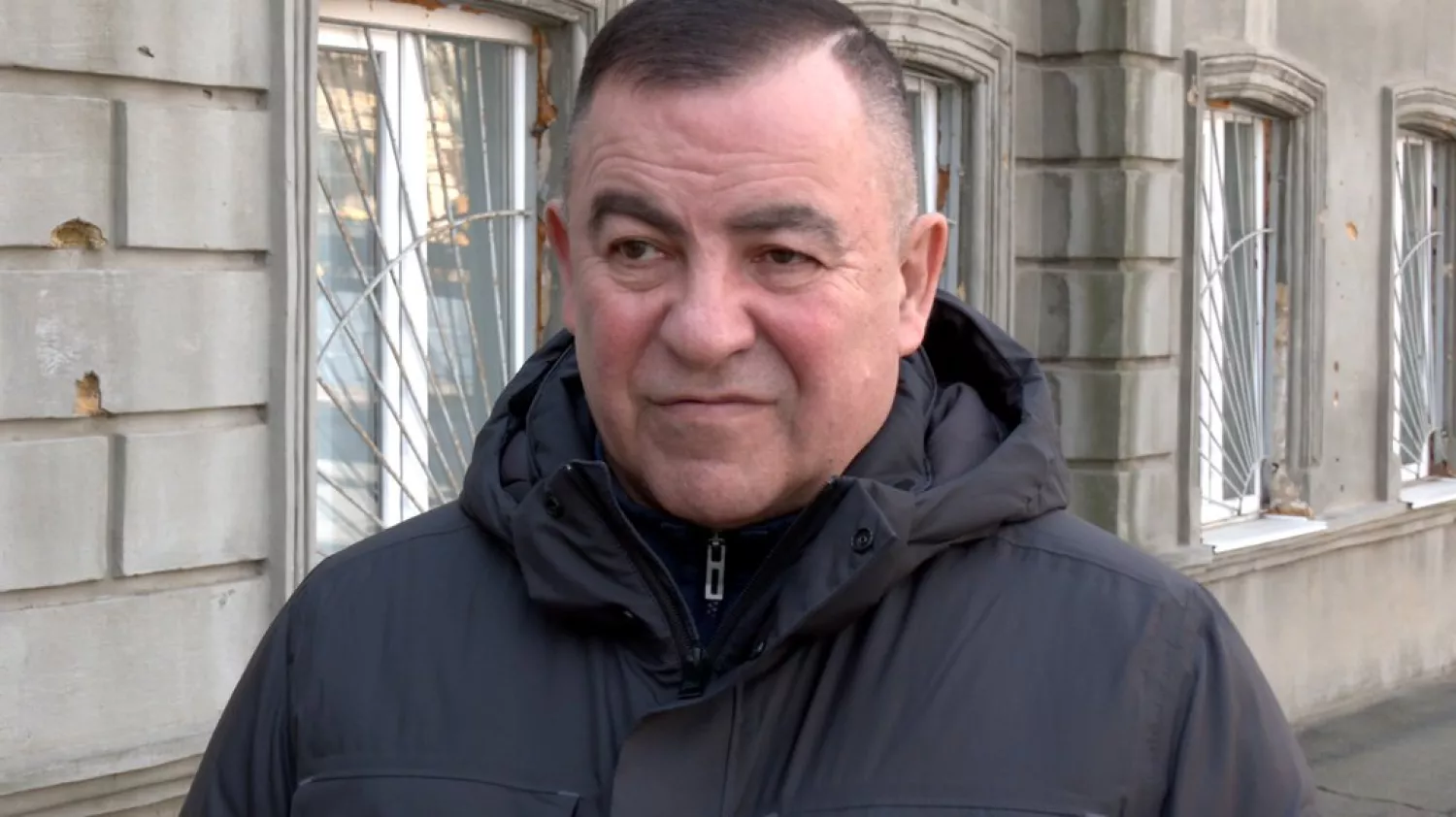 Deputy Head of Mykolaiv Regional Military Administration Yurii Hranaturov, photo by Suspilne Mykolaiv
Deputy Head of Mykolaiv Regional Military Administration Yurii Hranaturov, photo by Suspilne MykolaivAfter the inspection, the Ombudsman sent recommendations to the Ministry of Health, the Ministry of Social Policy, the State Service for Children and other bodies. As of 25 March, the children were transferred to the regional children's hospital. Seven children who have a certain status and cannot be adopted are to be evacuated to one of the western regions.
«We have already worked out solutions together with the State Service for Children. We are talking about children who cannot be placed in families and should be moved to safe regions with appropriate conditions,» said Yurii Hranaturov.
He added that active work on adoption is underway for the rest of the children: «There are first positive results — about 12 children can find a family.»
After the report of the Ombudsman's Office, an extended meeting was held at the Presidential Office.
«It was chaired by Deputy Head of the Office Iryna Vereshchuk. Clear plans have been identified. There will be a second meeting in a month to summarise the results. We are advised to work calmly, without emotion,» summed up Yurii Hranaturov.
The inspection of the Rehabilitation Centre in Mykolaiv revealed large-scale systemic problems, ranging from inadequate care and lack of medical documentation to potential child abuse. Government officials promised to take action: some of the violations have already been corrected, the children have been moved to a safer place, and it is planned to build a shelter and evacuate vulnerable children to the western regions.
At the same time, it is worth reminding that the Centre for Medical Rehabilitation and Palliative Care is a structural unit of the regional children's hospital, which is subordinated to the Mykolaiv Regional Council. Despite the publicity and publication of the official report of the Ombudsman, the members of the regional council did not publicly react to the situation at all. Unlike the cases of inspections of boarding schools, when the relevant deputy commission on education met to hear explanations from officials, this time no action was taken by the commission on health.
More than three weeks have passed since the report was published, but the specialised parliamentary commission on healthcare has not met. Journalists of NikVesti tried to get a comment from the chair of the commission, MP from the «Servant of the People» party Iryna Shabilianova. At first, she answered the call and said she was at a meeting, but later she stopped getting in touch.
The situation requires constant public scrutiny, further checks and responses from both the executive and the deputy corps to prevent such violations from happening again.
Kateryna Sereda, NikVesti
Recent news about: Medicine


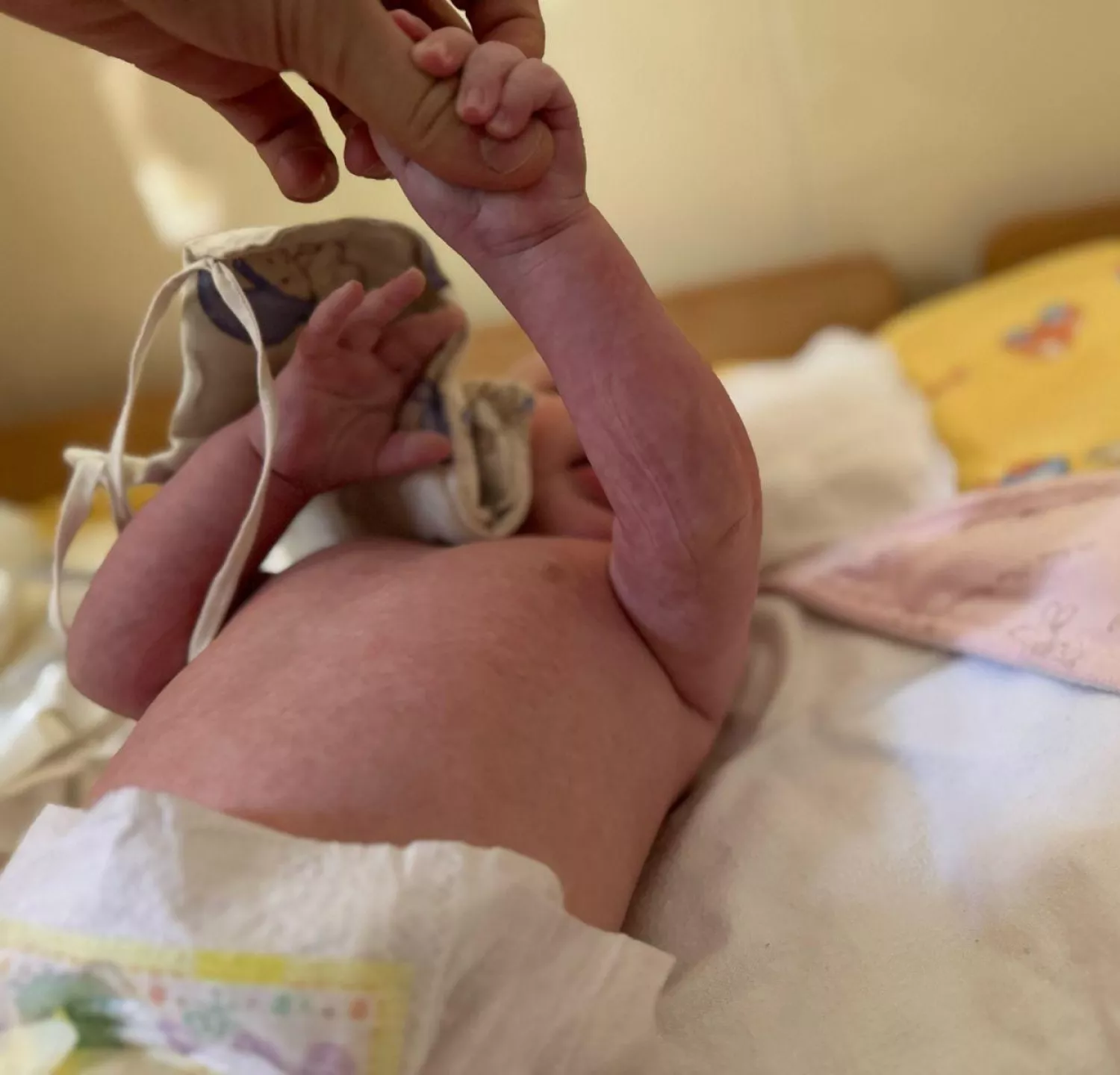


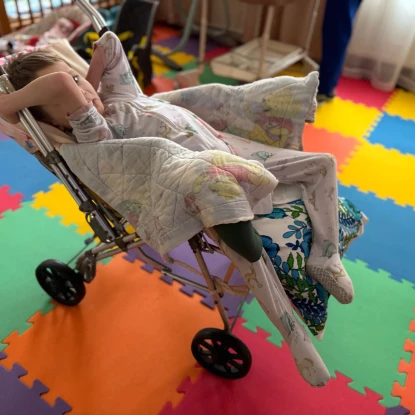
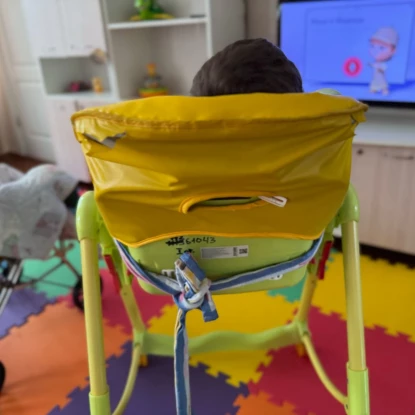
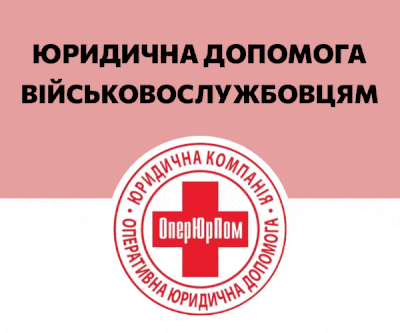
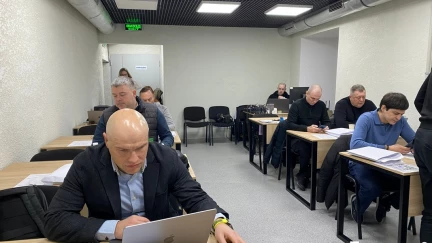

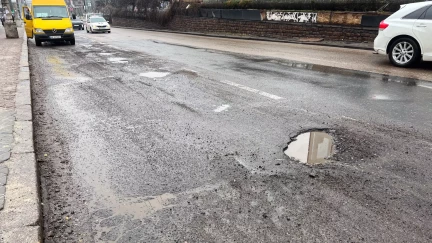

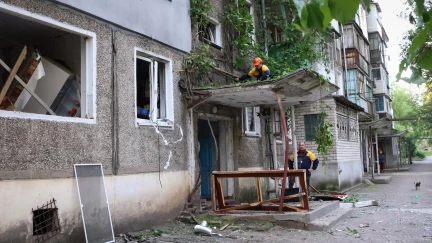
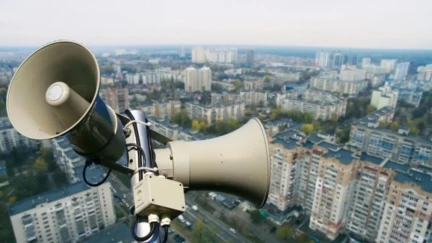

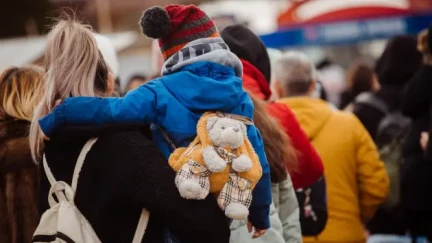
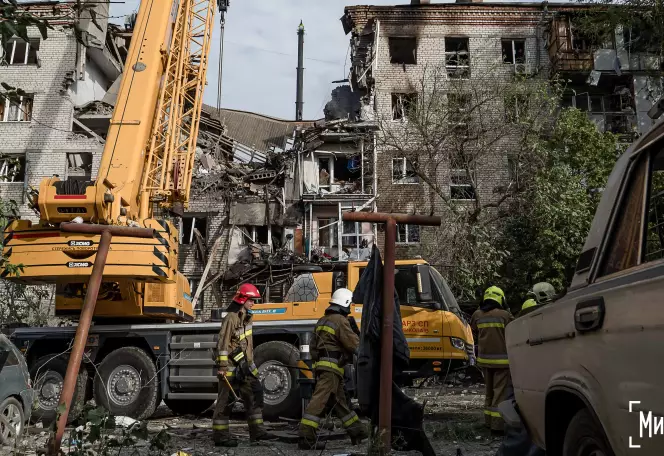
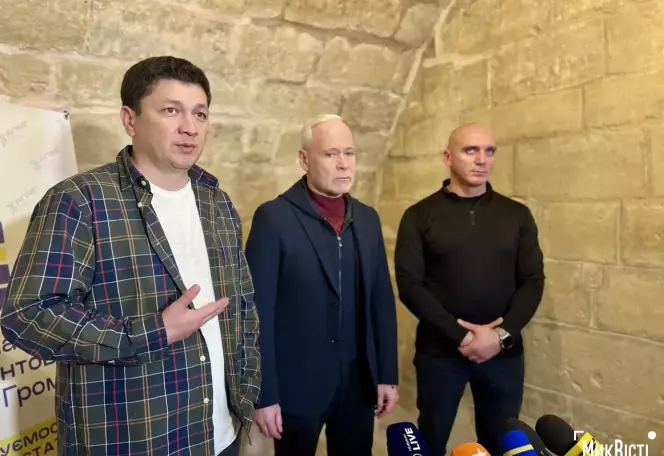
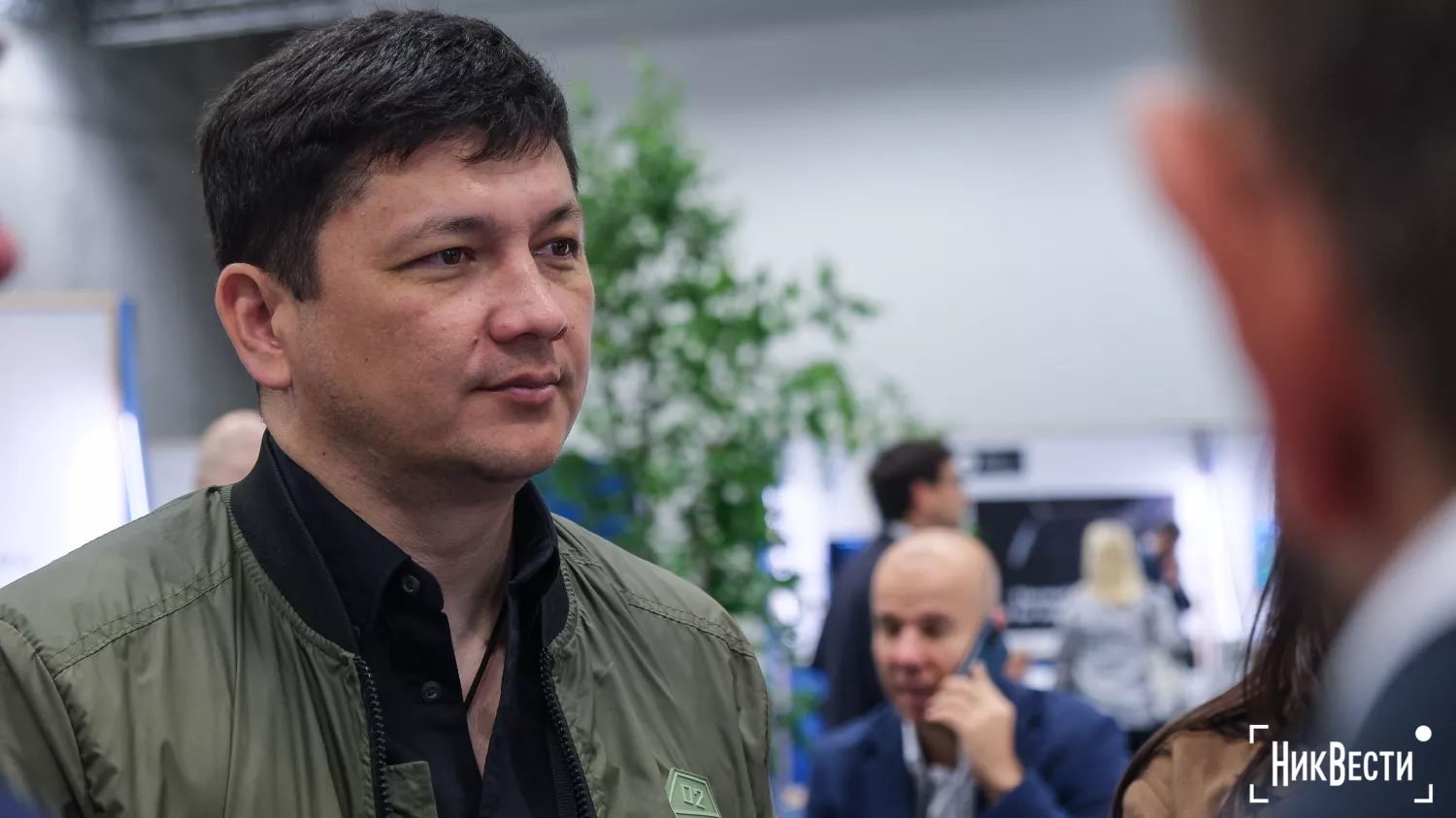
To join the conversation, please log in to the NikVesti website.